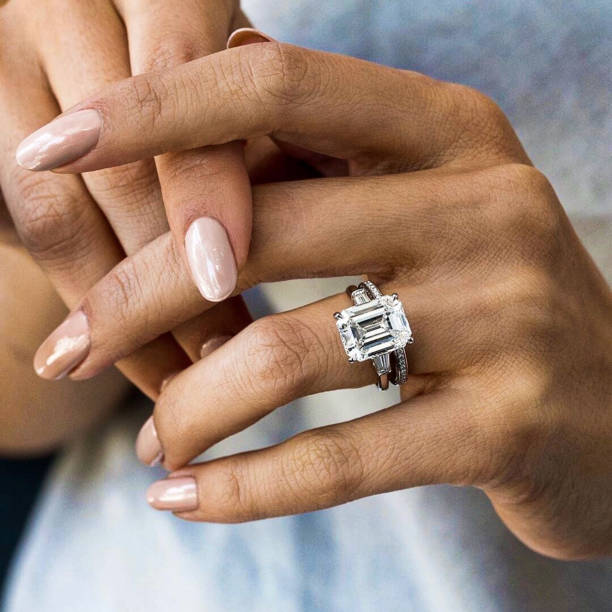Who To Trust for Jewelry Appraisal All Entries

The value of jewelry can be debatable among buyers and sellers, which is a major reason why major jewelry trade associations exist. Both the Gemological Institute of America (GIA) and the American Gem Society (AGS) are nonprofit organization that provide precise scientific methods for evaluating jewelry. Here's how these organizations help jewelers around the world appraise the value of jewelry.
Different Types of Appraisals
First you need to understand there are different types of jewelry appraisals, depending on the purpose. Appraisals for insurance companies may vary from those intended for buying and selling jewelry. Other reasons for appraisals may be for tax purposes, estate planning and charitable donations. Each approach tries to estimate the current fair market value of the jewel.
What makes an insurance appraisal different is that it sets a replacement value for a jewel in case it's lost, damaged, or stolen. Some insurance policies guarantee the full amount of retail replacement value, while others may offer a percentage of the value. Each insurance agency designs its own plans, which is one way value can vary. Since the value of jewels can go up or down over time, it's crucial to update an insurance appraisal for jewelry every few years.
Insurers provide jewelry owners with options for coverage that reflect Replacement Cash Value (RCV) or Actual Cash Value (ACV). Actual cash value is calculated by subtracting depreciation from the current retail value. Newer metrics used by insurers are New Replacement Value (NRV) for modern jewelry and Second Hand Replaement Value (SHRV) for classic jewelry.
Keep in mind that what an insurance company considers to be fair market value is not necessarily the price at which a specific item changes hands between a buyer and seller. In any given transaction, the jewel is only worth what a buyer is willing to pay, not necessarily the selling price. Regardless of market prices, some individuals may personally value an item more than other people do. Such jewelry lovers sometimes are willing to pay higher prices in a competive auction.
Another type of appraisal is a scrap value appraisal for when you need fast cash and must quickly liquidate jewelry. This type of evaluation likely won't give fair market value but provides a benchmark when someone declares bankruptcy as a court demands selling the jewelry. Scrap value appraisals are offered by liquidators who aren't necessarily associated with gemology.
How Gemologists Appraise Jewelry
Gemologists with GIA and AGS certifications are recognized as the leading authorities at running scientific tests on gems and metals to determine fair market value of jewelry. If a jeweler lacks these certifications, it means avoid them for appraisals. There are many businesses to avoid that operate outside the ethics of the jewelry industry established by GIA and AGS.
Diamonds and other gemstones are valued based on the "4Cs," which are cut, color, clarity, and carat weight. The value of gold and other precious metals is determined by the global market spot rate and factors such as purity, age, and rareity. Gemologists use tools to measure the concentration of gold, platinum, silver, or other metals within an alloy. The more pure gold is, the more value it may command. Gold purity is measure by Karat (K) as 24K represents pure gold.
Conclusion
Gemologists weigh various factors to arrive at fair market value appraisals. It's imperative to work with a certified gemologist to ensure you're getting the best possible deal when you buy or sell jewelry. Contact Ralph Mueller & Associates for help on appraisals and finding great deals for jewelry that capture your imagination.